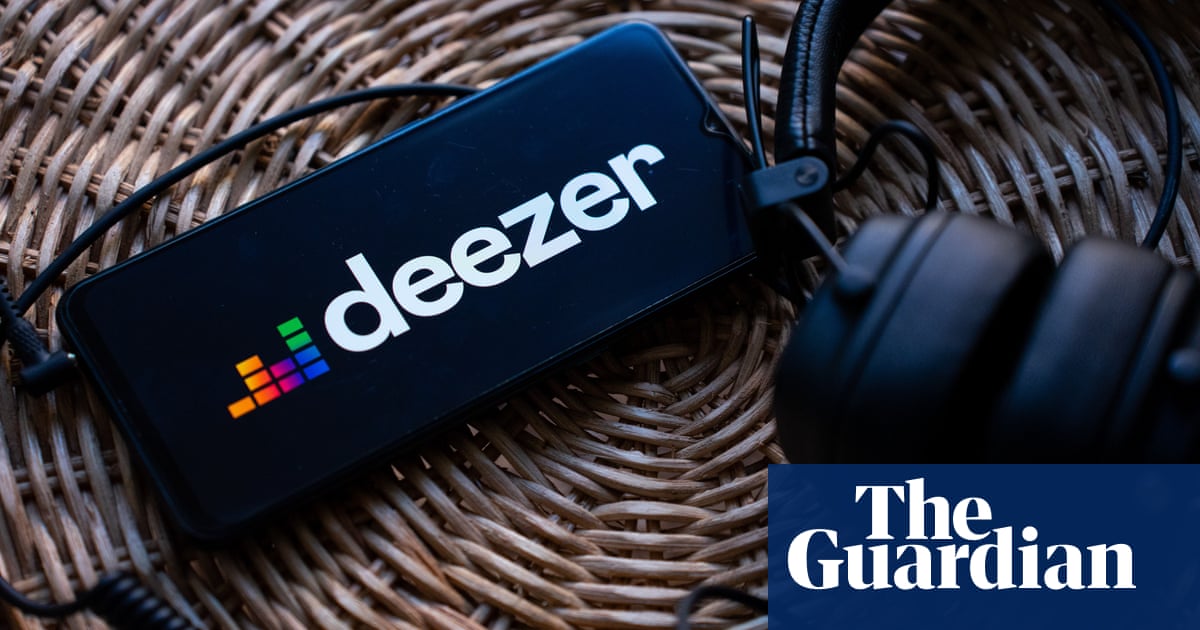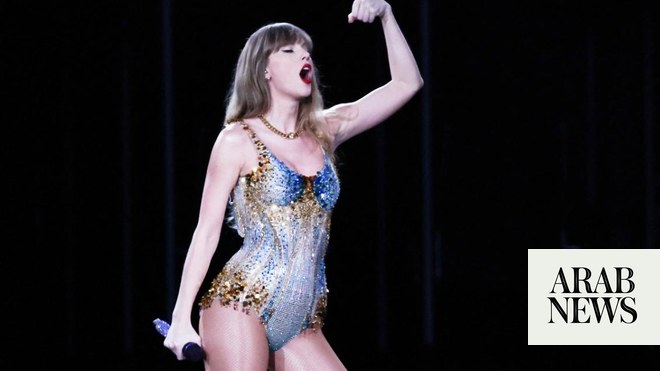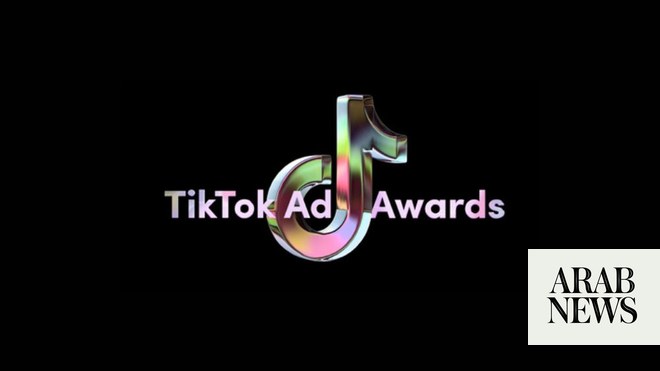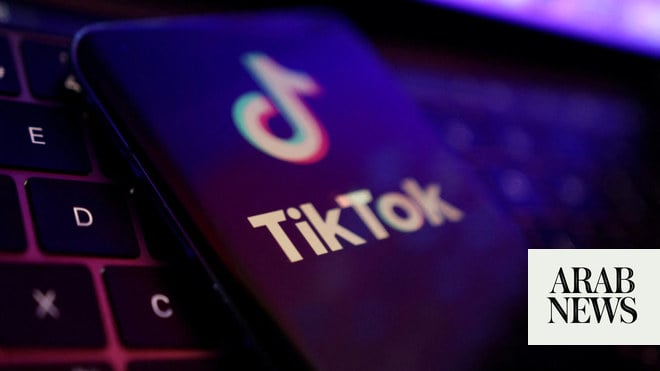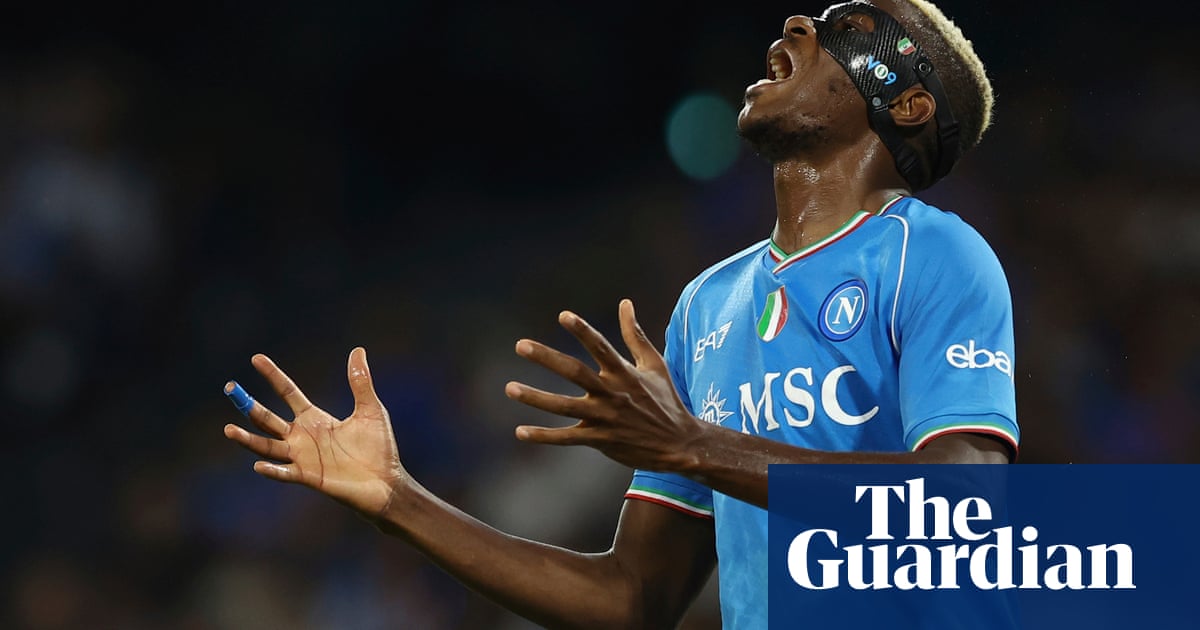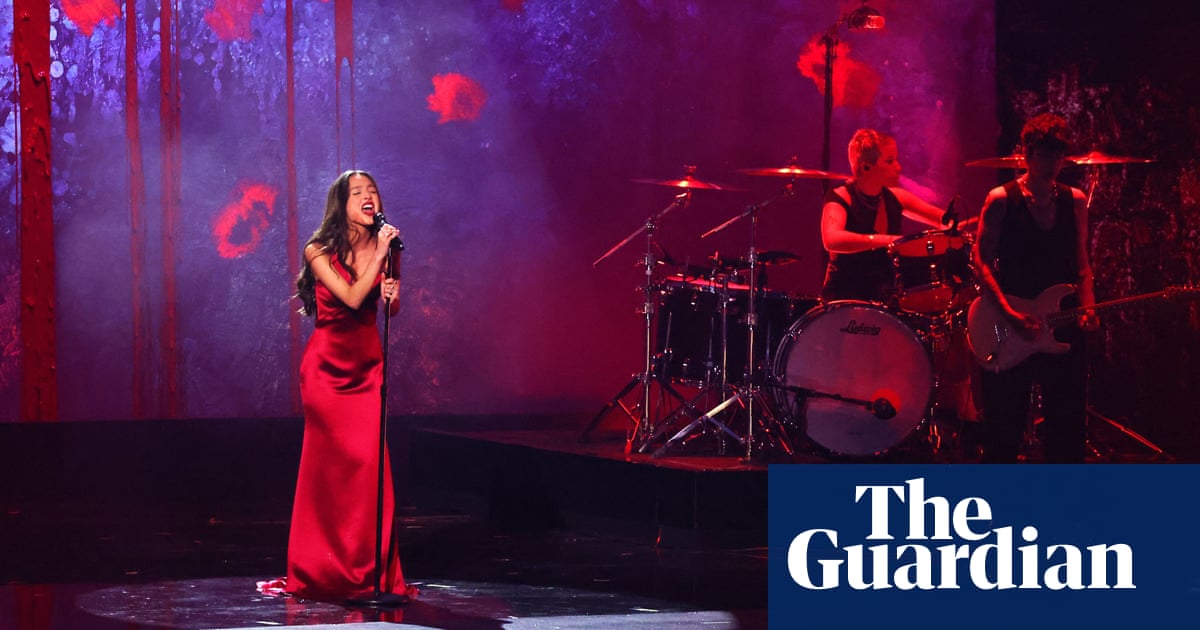
TikTok and Universal Music Group have reached a deal that will allow songs and artists from its labels including Olivia Rodrigo and Drake to return to the video-sharing app.
The world’s largest music company began pulling content from TikTok in February after falling out with it over issues including artist compensation and the use of artificial intelligence-generated music on the platform.
In a joint statement on Thursday, the companies said they were working “expeditiously” to return music by UMG’s artists to TikTok. The deal pledges to tackle concerns about generative AI – technology that produces highly convincing audio, image and text from simple hand-typed prompts – with TikTok saying it would work with Universal to remove unauthorised AI-made content.
“TikTok and UMG will work together to ensure AI development across the music industry will protect human artistry and the economics that flow to those artists and songwriters,” the companies said.
One of the earliest examples of deepfake AI-generated music featured two Universal artists, Drake and the Weeknd, and was called Heart on My Sleeve. Released in April last year, it was pulled from TikTok, Spotify and YouTube, with Universal warning at the time that unapproved AI-generated music was “denying artists their due compensation”.
The companies said the deal would deliver improved pay terms for Universal songwriters and artists, provide new promotional opportunities for songs and introduce “industry-leading protections” on AI.
TikTok has become a vital conduit for the music industry, with a quarter of US consumers saying they listen to songs they have heard on TikTok. The viral-video platform is where 16- to 19-year-olds in the US most commonly discover music, ahead of YouTube and music streaming services such as Spotify, according to MIDiA Research.
Taylor Swift, a Universal artist, has already allowed her music to return to TikTok because she owns the copyright to her work through a 2018 deal that gives her control of where her songs are made available.
The Chinese-owned platform has more than 1 billion users around the world, including 170 million in the US, where its future is in doubt after the president, Joe Biden, signed into law a bill requiring TikTok’s parent, Beijing-based ByteDance, to sell the app’s US operations or face a ban.
Sir Lucian Grainge, the chair and chief executive of UMG, said: “This new chapter in our relationship with TikTok focuses on the value of music, the primacy of human artistry and the welfare of the creative community.”
Grainge added in a memo to staff, seen by the Guardian, that artist and songwriter compensation would be greater than under the previous deal with TikTok, and that the deal addressed the “primary concern” that AI-generated content would “massively dilute the royalty pool for human artists”.
TikTok pays out to artists and songwriters from a fixed royalty pool and Universal was concerned that its roster might lose out to AI-generated material flooding the platform.
Shou Zi Chew, TikTok’s chief executive, said music was an “integral part” of the platform and the company was pleased to have found a “path forward” with Universal.
Niamh Burns, a senior analyst at Enders Analysis, said an agreement was bound to be reached ultimately because the presence of UMG content on the platform suited both sides.
“TikTok’s content is way more engaging when it comes with a good music catalogue,” she said. “On the other side, the promotional benefits to UMG and its artists of being on TikTok are clear. You can see that in how Taylor Swift decided unilaterally to return to the platform before her new album was released.”




